Opinion: Coming out is complicated, even more so when you’re older
Later in life lesbianism, Lilly for short, is a thing. But why do some women only come out as gay in middle age?
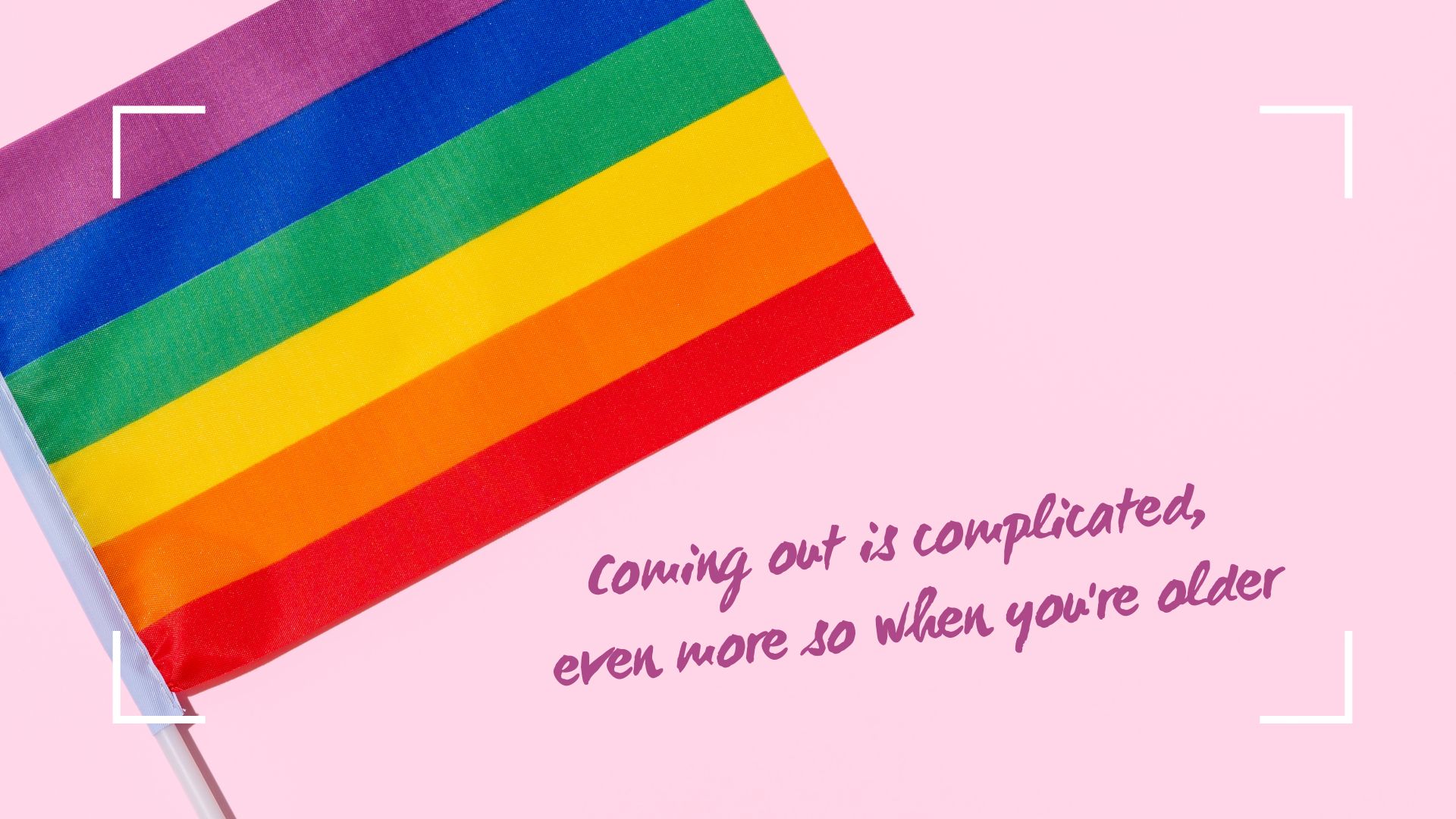
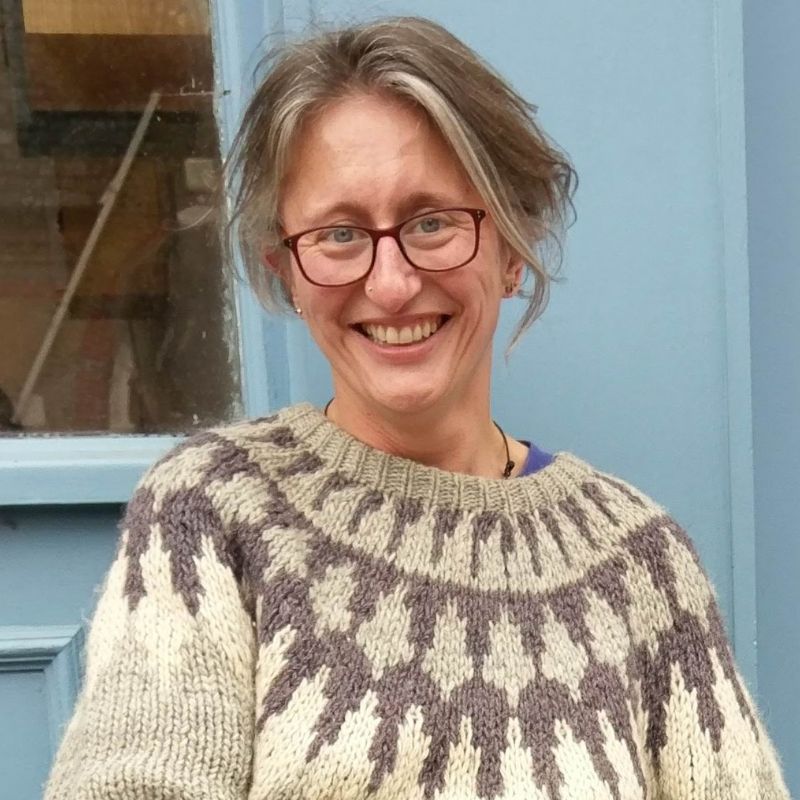
“I thought I was searching for a Disney Prince… but maybe what I really needed all this time was a Disney Princess” read Rebel Wilson’s Instagram post, along with “#loveislove” and some unbearably cute emojis.
I was never that into Disney Princes or Princesses. I’m 50. I was raised in the 70s and 80s, by parents who treated me in a way that made no big assumptions about my gender or sexuality. But the rest of the world had clear expectations of girls and women, and about everyone’s presumed heterosexuality. Is it any wonder not many people came out?
There were camp actors and presenters on TV, but sexuality wasn’t talked about much. It certainly wasn’t modeled to children. We were fairly unaware of such things. Thatcher’s ‘Section 28’ made the climate more unwelcoming. Teachers could lose their jobs if they dared say it was ok to have two mums or two dads. Sexuality was rarely talked about with children. I mean, it has the word ‘sex’ in it.

Rebel Wilson, who revealed she was dating a woman on Instagram earlier this month.
Growing up in the UK now is very different. It depends on where you live, and the attitudes of your family and school, but young people are at least surrounded by mainstream media acceptance. Gay, bisexual, and transgender characters in everything from Heartstopper to Doctor Who, to Jacqueline Wilson’s ‘Love Frankie’, are a protective rainbow blanket. They’re there for you, regardless of whether your home life is accepting or not. There are other people like you. Lots of us.
Equal marriage has been legal in the UK for less than a decade (and LGBT+ people are still persecuted, imprisoned, and even killed in many countries) but my children can’t imagine the world in which it didn’t exist.
In fact, when we marched on Manchester Pride a few years ago, we passed a small group of protestors, waving placards and spouting Leviticus, and my daughter thought they were a parody: pretend protestors. To be fair, Pride is very pantomime. We had just met and bowed to The Queen and she had a beard and a wicked sense of humor. This was a day for dressing up and joy. But my daughter didn’t know that such homophobic bile existed. The Christians she knows aren’t homophobic. I don’t want to burst her bubble.
Just as you can’t lie without knowing the truth, you can’t be in a closet if you don’t know your sexuality.
Anyway, back to the 80s, a time which – despite all those neon colors and Choose Life T-shirts – now seems grey, compared with today’s beautiful rainbow. It was a much less welcoming time to grow up not-straight. Some people came out anyway. Some stayed in the closet, keeping their sexuality secret. Many more were de facto straight: straight until proven otherwise. Just as you can’t lie without knowing the truth, you can’t be in a closet if you don’t know your sexuality. You just didn’t realize yet.
Middle-aged women who come out as gay now are nicknamed Lillies – it stands for Later In Life Lesbians. And our stories are diverse, no two are the same. But it’s fair to say that we often look back and laugh at our younger selves. How did I not realize that my crush on X was a crush? How did I wear the outfit in that photo and not know?! It can seem glaringly obvious with 20/20 hindsight.
Lilly coming out stories are diverse too. It’s not all that different to a young person coming out. Young or old, some people’s families cut them off and other people’s families say they’ve known for years. It can be brutal or brilliant.
And it’s not selfish to be happy: it’s great role-modeling.
Being older does complicate matters though. A stereotypical story might be a woman who, in middle age, has been married to a man and had children, then suddenly has an awakening. There is so much to unpack. The fact that so-and-so gives you butterflies doesn’t define you or your sexuality. It’s more complicated than that.
Your current relationship might have run out of road years ago or might just be evolving into a relationship between middle-aged people. You know, a relationship where you have conversations about whether you need to buy cheese ten times as often as conversations about love or sex.
The fact that you suddenly fancy the postwoman isn’t all that different from suddenly fancying the postman. Not in today’s world where sexuality is less of a big deal. But if you reflect on it, maybe visit the online communities for Lillies, give yourself space to think and talk about it, you may indeed realize you’ve been batting for the wrong team for decades. You only get one life and women who’ve reached that conclusion tend to then enter the “messy middle”, hard work much like any other breakup, but with added homosexuality.
Americans in Lilly groups use the word ‘authentic’ a lot. I’m not a big fan of the word, but the idea is sound. Be yourself, but be kind to the others around you, and things come good. If you have children then, as with any other breakup, be ceaselessly kind to them. But don’t feel guilty. The reason why you’re breaking up really doesn’t matter, it’s the how that counts. You can still be a great mum, as a single woman or ultimately in a new relationship. And it’s not selfish to be happy: it’s great role-modeling.
The Lilly breakup stories are again diverse. There are women who remain best friends with their male exes. There are women escaping toxic relationships and their sexuality has nothing to do with that. There are women whose parents, now in their seventies, are full of rage that their daughter has been “living a lie”. Ha! Is it any wonder she didn’t come out to you years ago?! Some Lillies discover that they enjoy sex for the first time ever. Others have changed their sexual identity but haven’t even tried it. Like I said, diverse.
One of the strange things I've found about coming out is that it happens many, many times. Any not-Cishet person will laugh in agreement. It’s kind of constant. Most people you meet make an assumption about your gender from looking at you. They also assume you’re straight unless you literally wear a badge or are snogging someone of the same gender at the time.
Attitudes have shifted a long way already and they can shift further.
It’s exhausting to challenge that by coming out each and every time. Besides, it’s often none of their business. But every time a stranger says something that someone today might call a ‘microaggression’, it hurts. These are the little slights, often unintended, that add up. The linguistic paper cuts. Like when the person in the tire shop said to me: “why don’t you get your husband to check the pressure regularly?”
OK, so that example was sexist and heteronormative (as well as explaining why I need new tires so often) but you get the idea. Do I challenge it? It’s tiring to do so, but just like all those microaggressions add up, so do all the challenges. When we all make 'microchallenges', we can chip away at the assumptions and the language. Attitudes have shifted a long way already and they can shift further.
But you do you. There are days when we have the energy to challenge assumptions and days when we don’t. And you don’t have to wear a badge.
Coming out when you’re older is hard because it’s more complicated. Our lives are more complicated because we’ve been on the planet for two or three times as long as a young person coming out. All queer people first come out to themselves and then to others. Even that first bit is harder for us because we grew up at a less accepting time.
But as Rebel Wilson put it, #loveislove. It doesn’t matter whether you’re 15 or 50, you have the rest of your life ahead of you, so live it. Pride isn’t a month, it’s a state of mind.
For more information, resources and support, visit: PFLAG if you're living in the US and if you're in the UK, visit Stonewall.org.uk or call the Switchboard Helpline on 0300 330 0630.
Read more riveting opinions:
Sign up for the woman&home newsletter
Sign up to our free daily email for the latest royal and entertainment news, interesting opinion, expert advice on styling and beauty trends, and no-nonsense guides to the health and wellness questions you want answered.
Caramel Quin is an experienced journalist and author who tests technology for newspapers, magazines, and online. She prides herself in real-world testing and her pet hates are jargon, pointless products, and over-complicated instruction manuals.
A self-proclaimed ‘gadget girl’, Caramel started out as an engineering graduate and spent the nineties on the staff of various computer and gadget mags, including launching Stuff magazine in both London and New York. In 2006 she won Best Writer in the BlackBerry Women & Technology Awards. And in 2011 she won the CEDIA award for Best Technology Feature, for a piece in Grand Designs magazine.
-
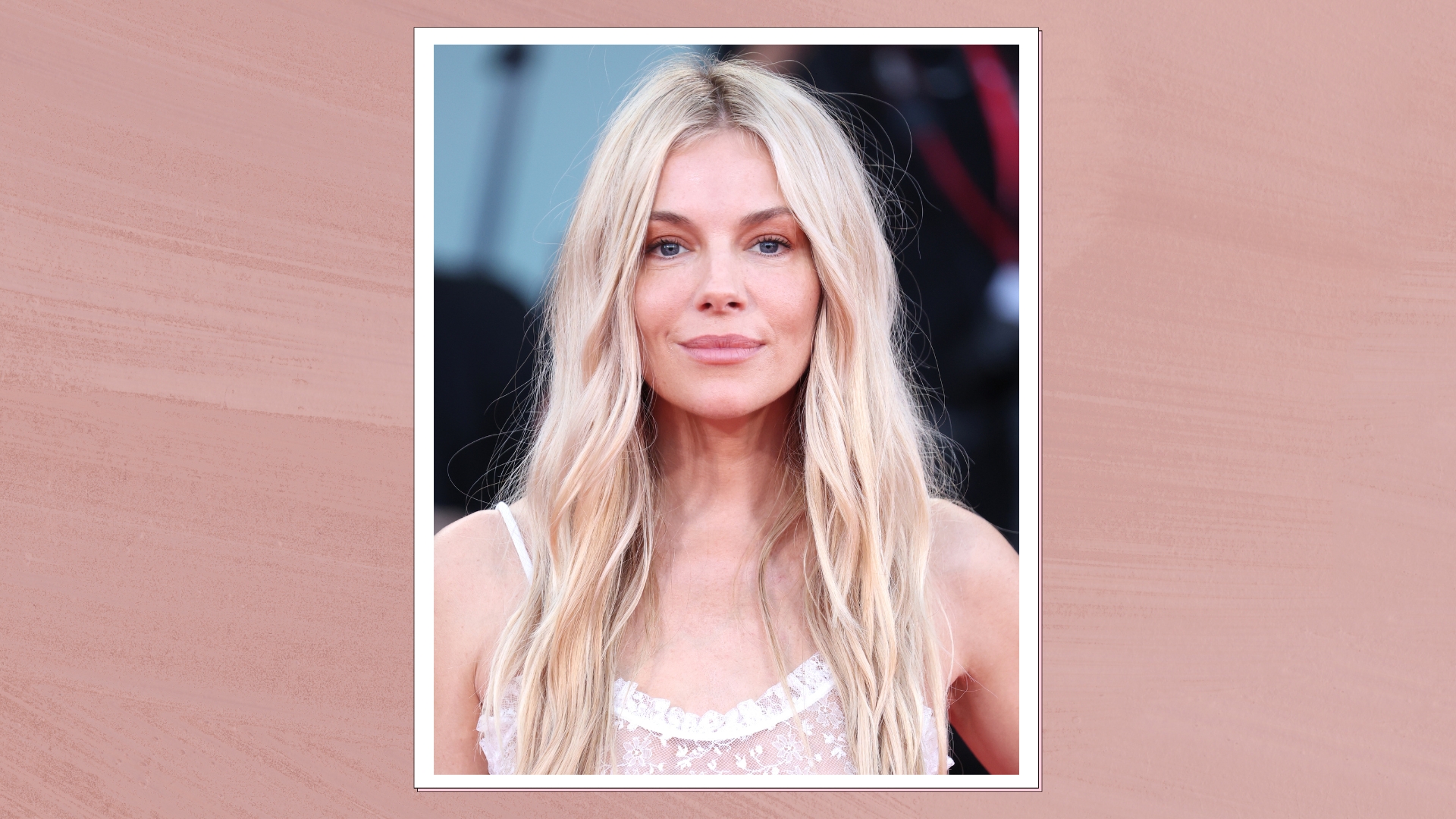 We're in awe of Sienna Miller's easy-going and 'piece-y' hairstyle and how perfect it is for spring
We're in awe of Sienna Miller's easy-going and 'piece-y' hairstyle and how perfect it is for springThis laid-back hairstyle is - quite literally - making waves this season
By Naomi Jamieson
-
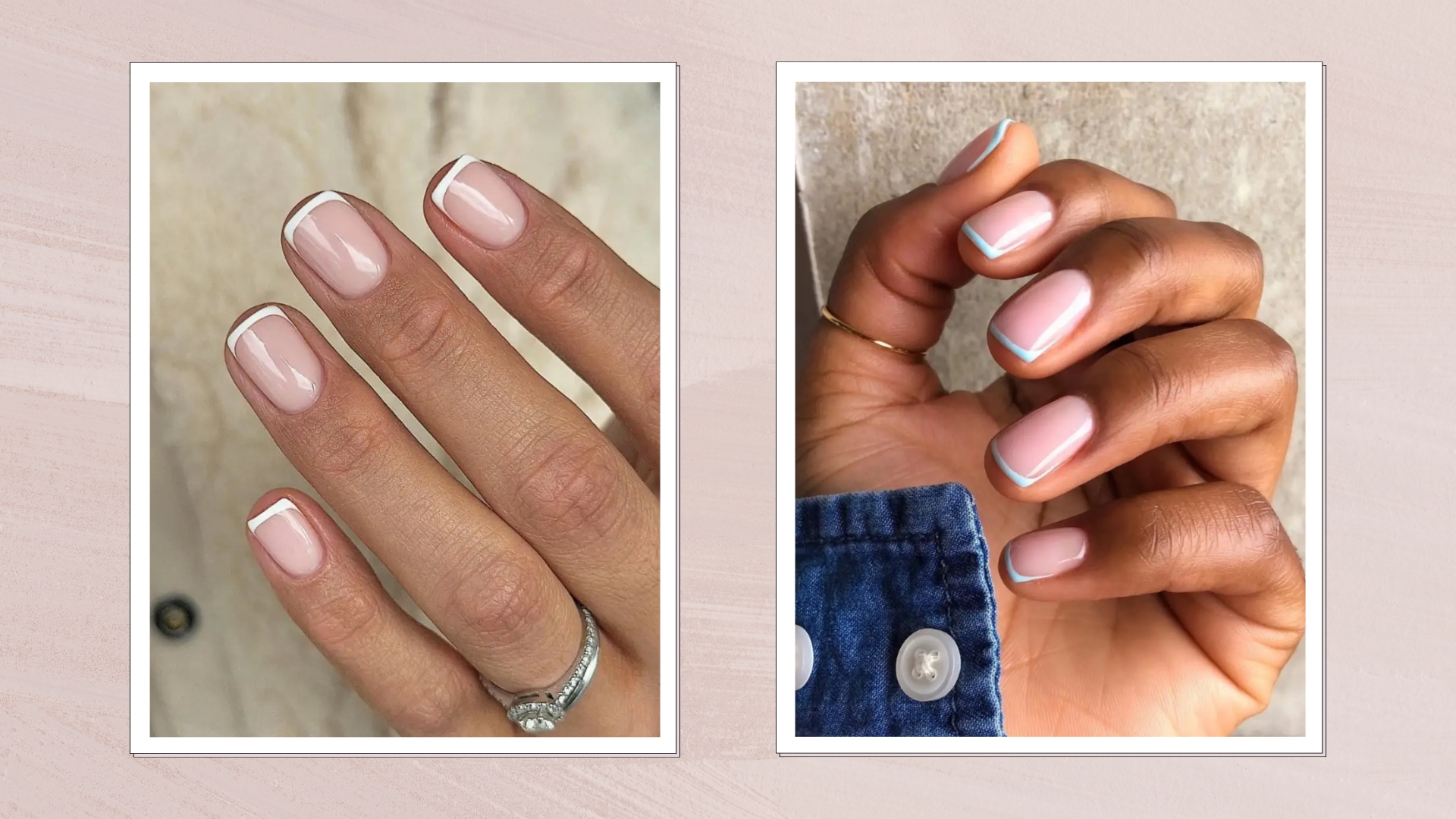 We never thought we'd see this 'dated' manicure make a chic comeback, but here it is - and we're on board
We never thought we'd see this 'dated' manicure make a chic comeback, but here it is - and we're on boardClean and angular, short square French tips are a go-to this season for a practical but stylish manicure...
By Naomi Jamieson
-
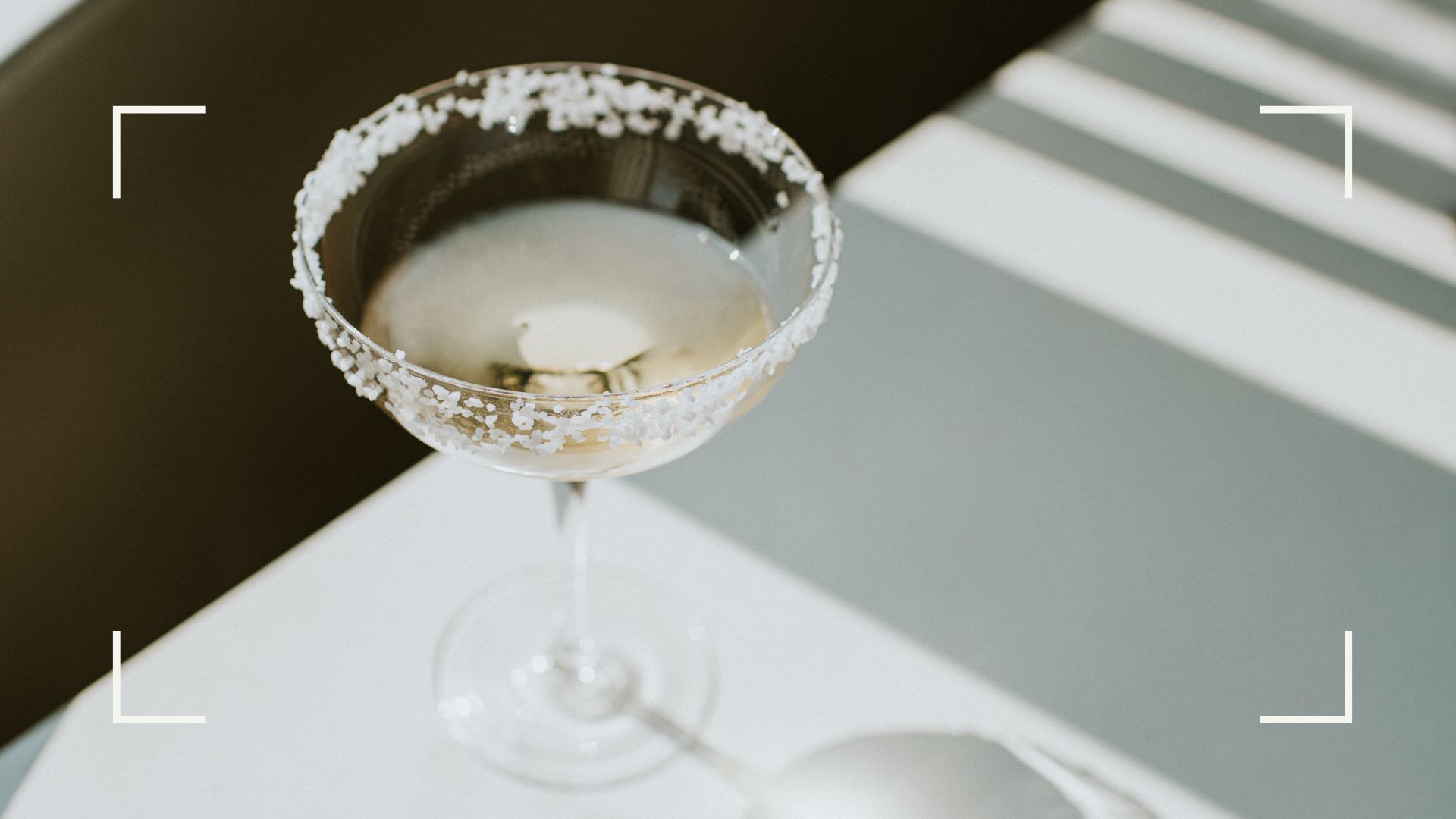 What happens when you give up alcohol? Here's what I learned two years sober
What happens when you give up alcohol? Here's what I learned two years soberWriter Charlotte Duff reveals what happens when you give up alcohol for good
By Charlotte Duff
-
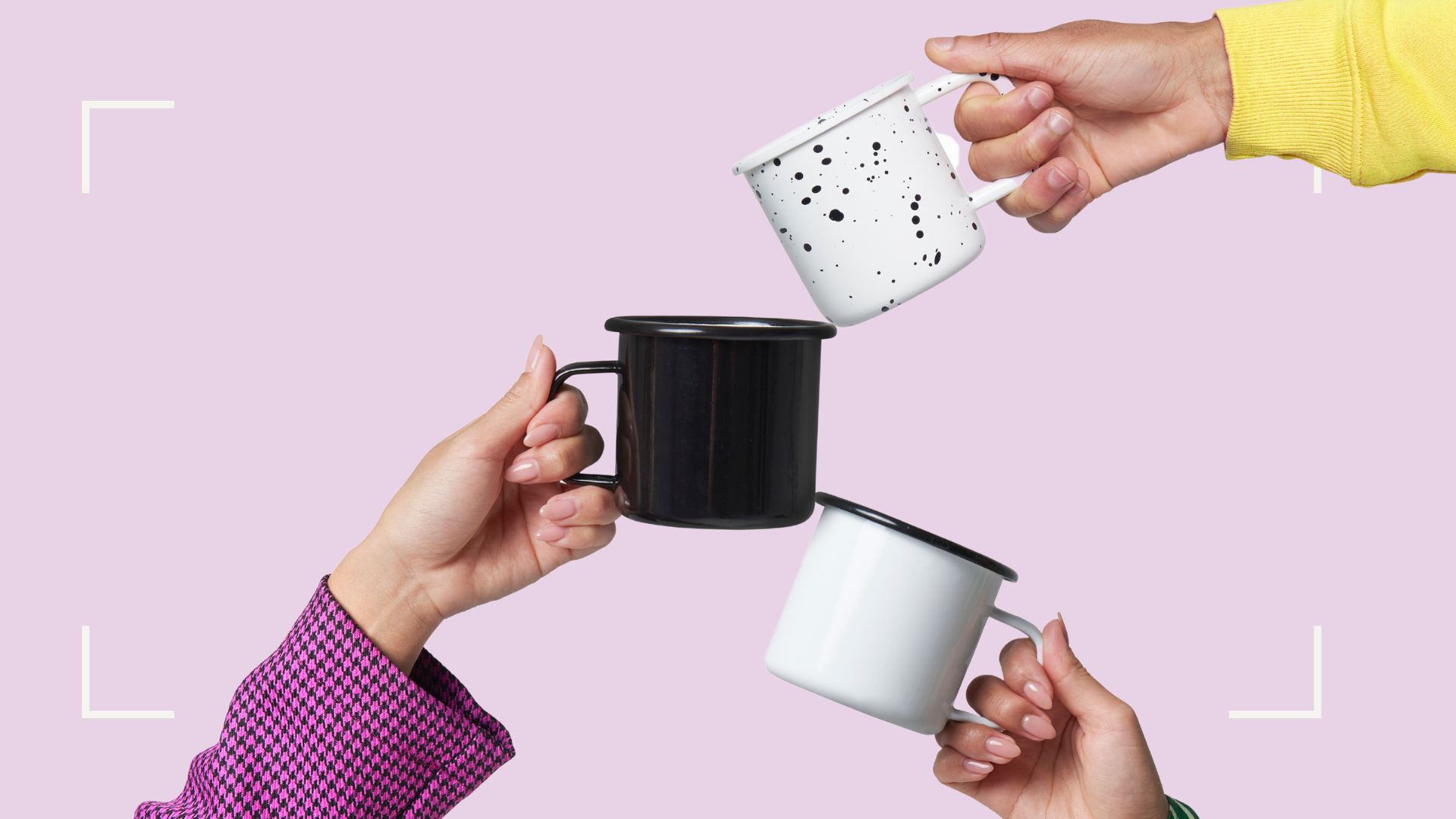 I tried different alternatives to caffeine to cure my sleep deprivation - here’s why I'm never going back
I tried different alternatives to caffeine to cure my sleep deprivation - here’s why I'm never going backWriter Kat Storr explored the alternatives to caffeine to figure out if she could give it up for good
By Kat Storr
-
 I spent a week at VIVAMAYR Maria Wörth on one of the hardest detox programs in the world - here’s what I learnt about The Mayr Method, and my health
I spent a week at VIVAMAYR Maria Wörth on one of the hardest detox programs in the world - here’s what I learnt about The Mayr Method, and my healthTravel writer Lydia Swinscoe spent seven days at VIVAMAYR Maria Wörth medical resort in Austria
By Lydia Swinscoe
-
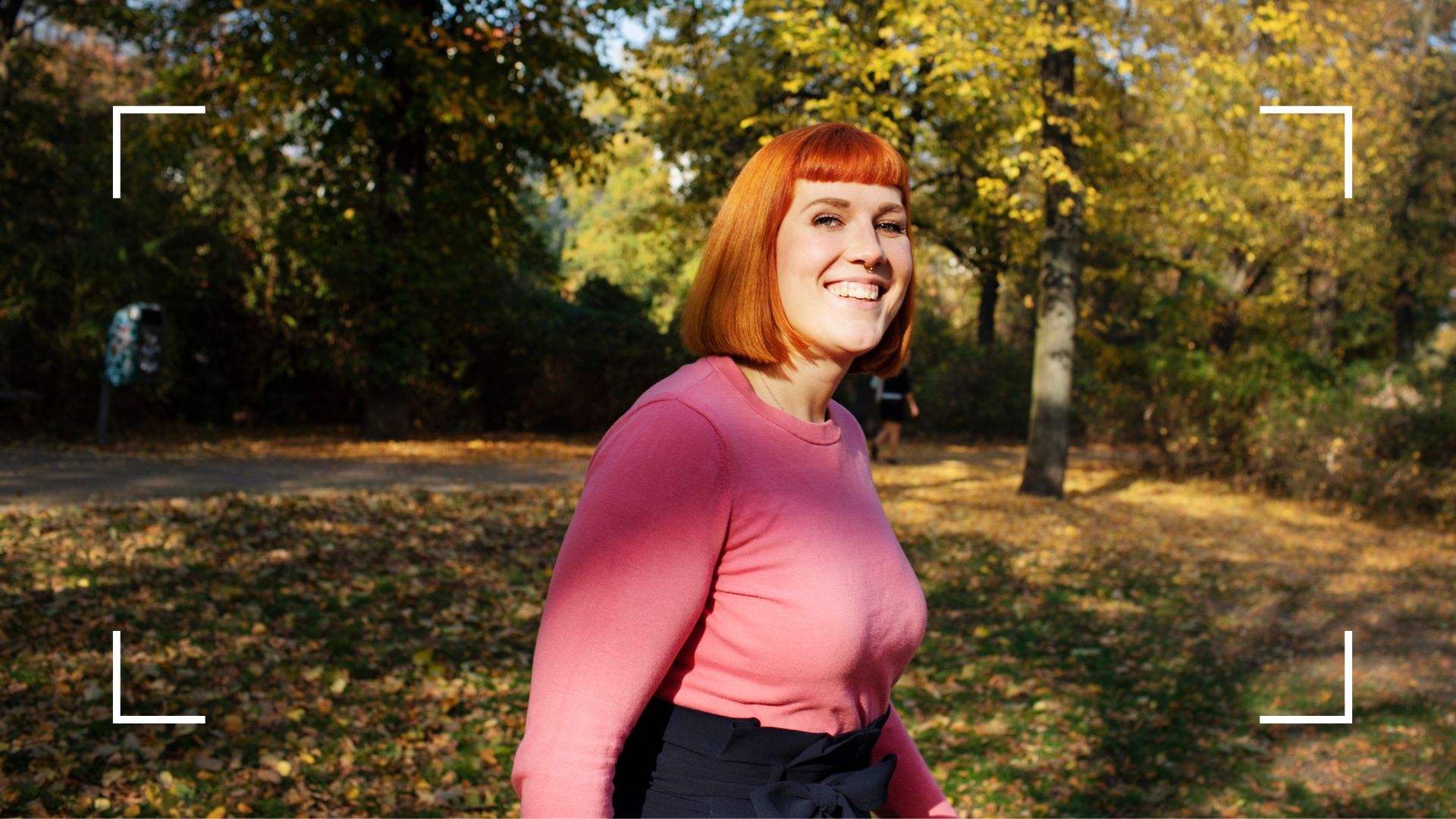 Walking vs running - which is better for your health goals?
Walking vs running - which is better for your health goals?If you're balancing up the benefits of walking vs running, here's what personal trainers want you to know
By Lauren Clark
-
 Caregiver burnout: “You must prepare early so you’re not firefighting through your tears”
Caregiver burnout: “You must prepare early so you’re not firefighting through your tears”Caregiver burnout is a serious problem, here an expert explains the symptoms to look for and where to get help
By Grace Walsh
-
 Can getting back with an ex ever work out? We ask an expert
Can getting back with an ex ever work out? We ask an expertHere’s everything you need to know about getting back with an ex, plus warning signs to avoid
By Grace Walsh
-
 How to sleep in the heat: 21 tips to try when it's too hot outside
How to sleep in the heat: 21 tips to try when it's too hot outsideIt can be hard to know how to sleep in the heat, so here sleep specialists, nutritionists, and doctors tell us how to do it best
By Grace Walsh
-
 How to get back to sleep when you wake up in the middle of the night
How to get back to sleep when you wake up in the middle of the nightWondering how to get back to sleep? Try these expert hacks to help you nod off again
By Stacey Carter